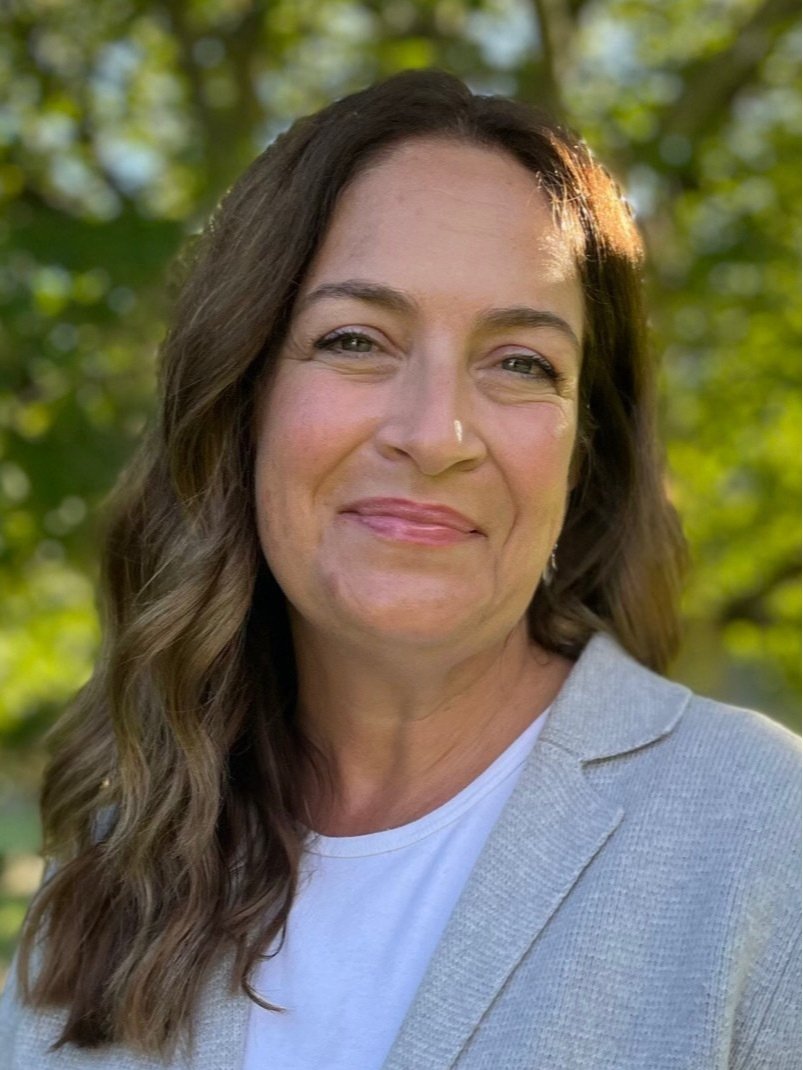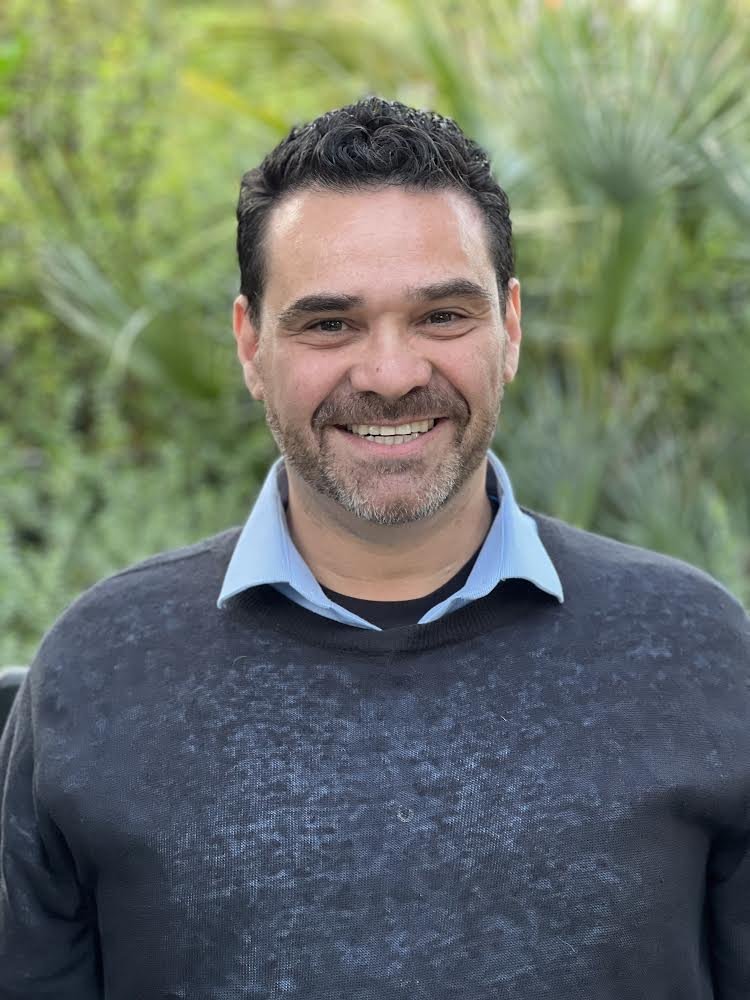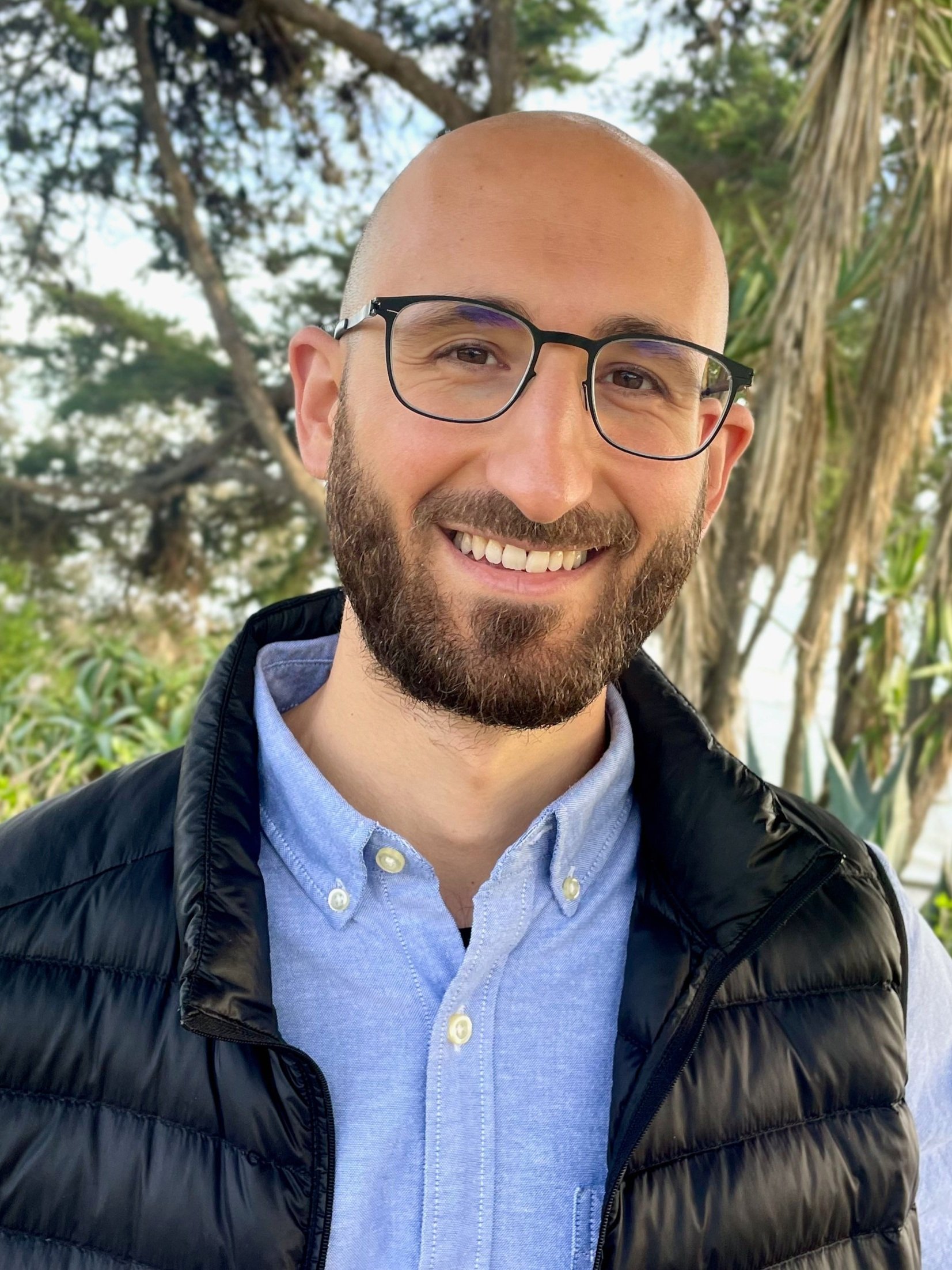
IFS Therapy for Compulsive Comfort Seeking

How do you know when you’ve had enough food, shopping, drink, drugs, exercise, gambling, gaming, web surfing, sex?
What happens when your willpower is at war with your desires?
Are you hesitant to stop numbing your pain out of fear of feeling worse again? What if you could really heal what hurts and not just maneuver around it?
Compulsive behaviors may have started with a positive intention to keep you from feeling something worse or overwhelming. Possibly you’re now in a different place and see how these behaviors are more destructive than productive, to you and to the ones you love.
Compulsive behaviors can be socially tolerated and have limited negative consequences, or become dangerously out of control, impacting self and others. These behaviors frequently set off a challenging cycle of shame and blame inside the mind of the user and in their relationships — something that will only get worse without deeper healing.

Are you curious about a different approach to soothing?
The path of discovery is full of surprises as we learn more about who we really are and how we can feel whole again. Compulsive behaviors are tough to live with, and finding a skilled therapist at the IFS Telehealth Collective can provide the help that you need.
Signs of Ritualized Compulsive Comfort-Seeking:
Organizing your plans around access to engage in comfort-seeking behaviors
Blaming yourself for not being able to stop
Feelings of shame about the compulsive behavior
Hiding your compulsion from others
Denying or minimizing that the compulsion is an issue while knowing that you’re struggling
Secretly believing that the compulsion is the answer to getting rid of the pain
Lying about the compulsion
A variety of internal struggles, such as: never use vs must use; control vs out of control; work hard vs indulge; approval seeking vs rebelling; organized vs chaotic
We can help you begin to overcome your compulsive behavior.
And heal the pain that triggered the dependency in the first place.
Internal Family Systems’ Compassionate Lens on Compulsive Behaviors
Internal Family Systems therapy recognizes that ritualized compulsive comfort-seeking involves many different parts of the mind, often with great consequence to the physical body. In their natural state, different parts of us perform roles that are healthy and functional.
When parts take on “extreme” roles it’s a desperate attempt to protect you from emotional pain or physical harm. In their extreme roles, these parts aim to take you away from pain by distracting or soothing. Their strategies often keep you alive in the short term by numbing – cutting, binge eating, drug or alcohol abuse, dissociation, sexual risk-taking, stealing, gambling, or shopping in excess. A final escape for these parts would be suicide, having lost hope that true relief is possible.
Some parts can take over so fully that urges to dissociate or soothe dominate a person, leaving them feeling out of control. Those close to them tend to be upset by the behaviors – unless it’s a culturally sanctioned activity such as exercise or work that becomes excessive.
The IFS model brings healing to the woundedness driving these compulsions with a collaborative approach that offers hope and compassion without collusion. We believe destructive compulsivity is transformed when the root pain is unburdened and more Self energy is in the lead.

Begin IFS Therapy for Compulsive Behaviors at the IFS Telehealth Collective Today!
-
It makes so much sense that you’re worried about that! Are there parts of you that judge these behaviors? With IFS ALL of you is welcome here. As the saying goes, the book is not the cover, and an IFS therapist knows you are more than painful burdens and inner conflict. In time, you’ll come to trust that’s true. You’ll be supported to learn more about parts that may judge, scold, or demean you and the reasons they carry on that way. And by discovering how compulsive parts were attempting to help in some way, you’ll have begun to reduce the inner warring on your way to the changes you desire.
If you live anywhere in California, Florida, New York, or Oregon, please contact our Client Care Coordinator or call (888) 850-6061 to help you get matched with an IFS trained therapist. We are here to support you as you feel and find your way toward balance.


















